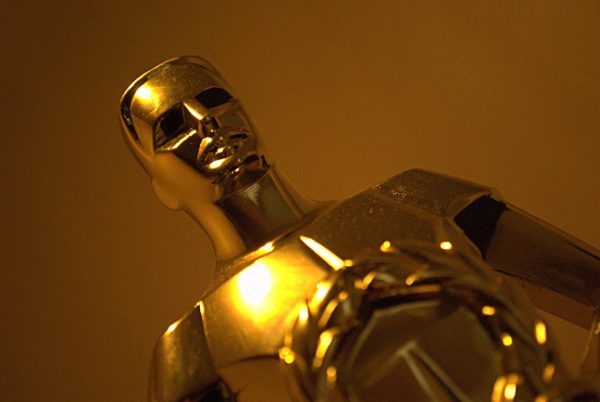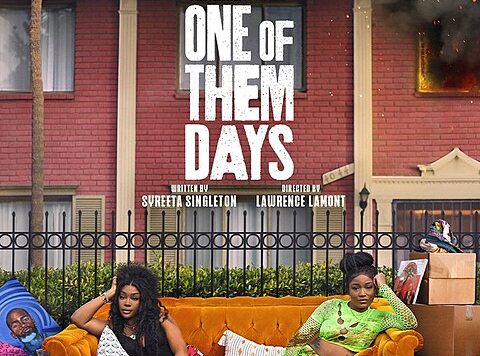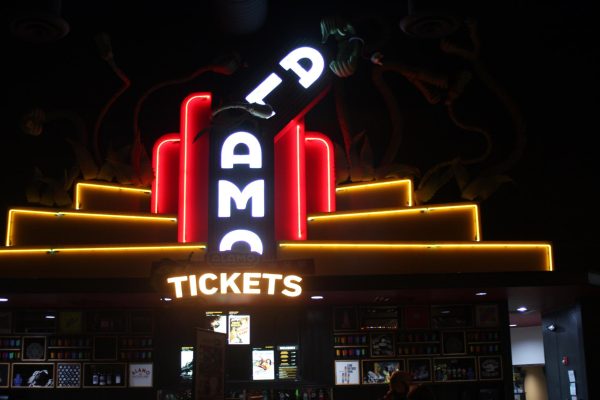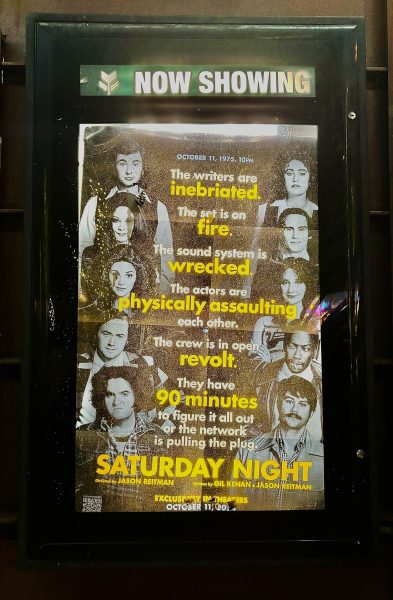Campus film series explores Middle East revolutions and war
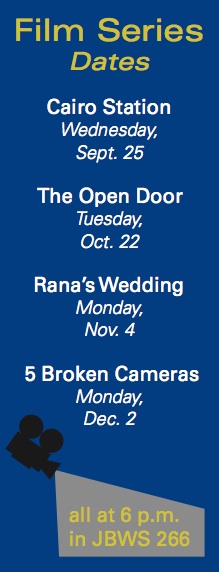
In light of the plethora of conflicts taking place across the Middle East over the past few months in countries such as Syria, Turkey, Egypt, and of course the ongoing Palestine-Israel struggle, many of us Americans have questions. Questions regarding not only what these conflicts entail, but the desire to gain more information regarding the region’s history as a whole. One of the easiest ways to come close to empathizing or understanding what it is like to be in the center of these conflicts is to see a citizen’s story unfold first hand: and that is the purpose of the upcoming Cultural Foundations Middle East Film Series.
This CULF film series will comprise four films, all taking place across the rest of the semester. All of these films will be shown at 6 p.m. in JBWS 266, and will be free of charge. The first two films are “Cairo Station” (Sept. 25) and “The Open Door” (Oct. 22).
“As for Egypt and its revolution, I think ‘Cairo Station’ and ‘The Open Door’ give rather a longer historical context of the processes that lead to the revolution of 2011,” Christopher Micklethwait, the coordinator of the film series, said.
These movies will show a glimpse of what it was like living in Egypt before 2011, and help anyone watching further understand the motives of the people. The final two films, “Rana’s Wedding” (Nov. 4) and “5 Broken Cameras” (Dec. 2), tell the stories of Palestinians who have lived through the occupation of the Gaza Strip and the West Bank, and show how it has affected their lives in all kinds of ways.
The Middle East is a region that is shrouded by conflicting opinions and inaccurate depictions from the outside world. The benefit of this film series is that viewers will witness the direct stories and struggles of those who were stuck in the middle of them, and be able to create their own perspectives.
“I would say that yes, my intention with the screenings is to give a point of access into the everyday experiences of people in these regions, hopefully resulting in greater understanding and empathy,” Micklethwait said.
These films are not being shown as propaganda. They are not being displayed with the intention of making anyone feel a certain way about the subject. They are presented to the public so that students and faculty alike can have the opportunity to learn about these social issues, not through the media, not through biased opinions or twisted facts, but through first hand experiences.
While these may be based off of fictional characters, the lives they live are anything but made up. Their everyday endeavors exemplify what it means to live in the setting of the films.
For the majority of the St. Ed’s population who has not lived or even visited these regions of the world, the CULF Middle Eastern Film Series may be able to reveal the answers to many of our questions.







